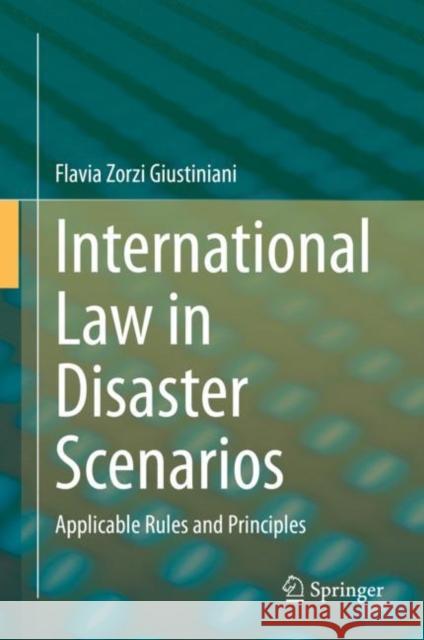International Law in Disaster Scenarios: Applicable Rules and Principles » książka
topmenu
International Law in Disaster Scenarios: Applicable Rules and Principles
ISBN-13: 9783030505967 / Angielski / Twarda / 2020 / 209 str.
International Law in Disaster Scenarios: Applicable Rules and Principles
ISBN-13: 9783030505967 / Angielski / Twarda / 2020 / 209 str.
cena 485,31
(netto: 462,20 VAT: 5%)
Najniższa cena z 30 dni: 462,63
(netto: 462,20 VAT: 5%)
Najniższa cena z 30 dni: 462,63
Termin realizacji zamówienia:
ok. 16-18 dni roboczych.
ok. 16-18 dni roboczych.
Darmowa dostawa!
Kategorie:
Kategorie BISAC:
Wydawca:
Springer
Język:
Angielski
ISBN-13:
9783030505967
Rok wydania:
2020
Wydanie:
2021
Ilość stron:
209
Waga:
0.49 kg
Wymiary:
23.39 x 15.6 x 1.42
Oprawa:
Twarda
Wolumenów:
01
Dodatkowe informacje:
Wydanie ilustrowane











